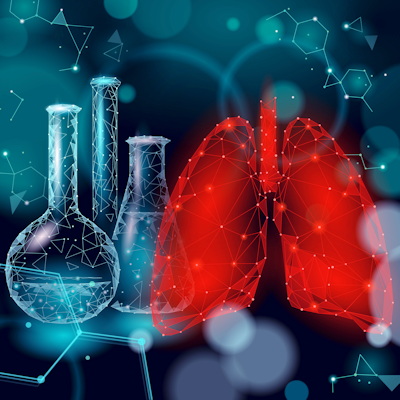September 19, 2022 -- A synthetic prophylactic gel based on cow mucus is 70% effective against HIV and 80% effective against herpes in lab tests, a new study reveals.
Researchers at KTH Royal Institute of Technology in Sweden conducted viral prophylactic tests on several types of cells using a lubricant that was derived from bovine mucin in purified form for fabrication of hydrogels (Advanced Science, September 14, 2022). Mucin molecules are biologically complex so they are effective at stopping HIV and herpes without the risk of side effects or development of resistance as with other antiviral compounds, the researchers said.
Mucin molecules bind to and trap virus particles, which are then cleared through active mucus turnover. The synthetic gel replicates this process and is the key material property that enables mucus' lubricity and prophylaxis against infection. Also, mucins dampen immune cell activation, which is important because activated immune cells can stimulate HIV replication.
The gel could help more people take greater control of their sexual health by offering protection when a condom is not an available option, or as a backup in case of condom failure or incorrect use, according to the researchers.
Copyright © 2022 scienceboard.net








